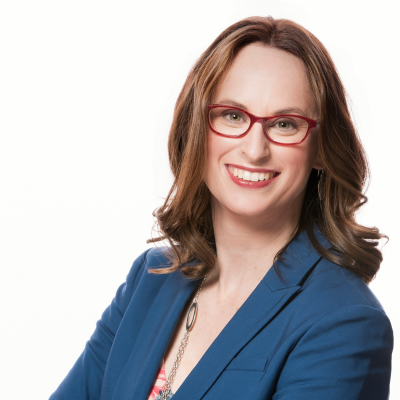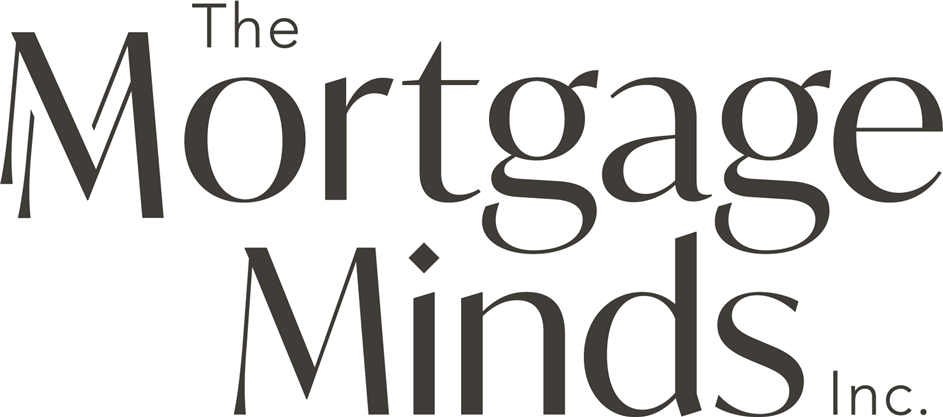
Michelle Lapierre
Reverse Mortgages - The Most Misunderstood Mortgage Product - What Is It Used For?
1/16/2020
In my last blog I wrote about reverse mortgages and the many myths around this mortgage product. This outlines the most common uses for them. I am taking the time to highlight it because, while it is not a product for everyone, it is so misunderstood that it is often overlooked in situations where it may be the perfect solution.
The reality is that more and more older Canadians are struggling financially. And even if their extended family is aware of these financial struggles, they are not always in a position to help. But, when you own your home, there are options.
What Is A Reverse Mortgage?
A reverse mortgage is a way for Canadian howeowners 55 or older to access up to 55% of the value of their home without the standard credit or income qualifying requirements. The amount of equity you can pull out is dependent on your age, property type, and property location. It is a loan secured against the value of the home, but unlike a traditional home equity line of credit or conventional mortgage, there are no monthly mortgage payments for as long as you live in your home. The interest owing is added to the loan amount and paid out when you sell or move out.
Reverse Mortgage Uses
Health Care and Support Costs
Assisted-living facilities are very expensive so many people choose to stay in their homes as long as possible, paying for the additional health care and supports they need to manage. These can easily exceed pension income and other family members may not be in a position to assist, or individuals would prefer to remain independent from family help. So rather than moving, reverse mortgages can be structured to pull a monthly income from the equity in a home to pay for the supports needed to stay there longer.
Home Maintenance, Retrofitting, and Special Assessments
Many mature Canadians can manage their daily cost of living on fixed incomes, but the unexpected larger costs can be difficult to handle. Large maintenance items such as replacing a roof or furnace, retrofitting to make a home more suitable to physical limitations, and special assessments for those living in condominiums can overwhelm a fixed income. A reverse mortgage can be used to pull out lump sum amounts to manage large, unexpected home ownership costs.
Grey Divorce
In the event of a divorce or separation in retirement, the matrimonial home often needs to be sold or one party paid out. Under new, tougher mortgage requirements it can be difficult to qualify for a traditional mortgage while on a much smaller retirement income. Clients often do not want to cash RRSPs or investments that will be their future retirement income, so a reverse mortgage can be used to purchase a new property or to pay out the other spouse for their portion of the equity instead of cashing out investments, paying cash for the property, and then struggling without the investment income in future years.
Consolidate Debts
If debt becomes a problem in your golden years, it can be overwhelming with no access to traditional mortgages. The alternative that many older Canadians end up with is a private mortgage solution. These are at very high rates, high fees, and they still have a monthly payment requirement which usually ends up creating a new cash flow problem. A reverse mortgage can be used for those with poor credit and debts but with far lower costs. The unique feature of being payment-free also can solve the cashflow problem that created the debt situation in the first place.
Income Supplement
In the later years when RRSPs and other investments are running out, a reverse mortgage can be set up to create a monthly income payment to you from the equity of the home. Roughly a quarter of reverse mortgage clients are using reverse mortgage funds to supplement their income where their retirement savings have fallen short.
Gift
A reverse mortgage is becoming a popular solution to provide an early inheritance for children and grandchildren that can help them purchase a home or pay for education. By gifting in life, they can benefit from seeing the impact of their inheritance.
Purchase Another Property
Second homes, such as a vacation property in an international location or a cabin, can be difficult to finance. Reverse mortgages can be used on their primary residence to make that purchase.
Contact me if you have more questions or would like to explore whether a reverse mortgage may be a fit for you or a loved one.




























